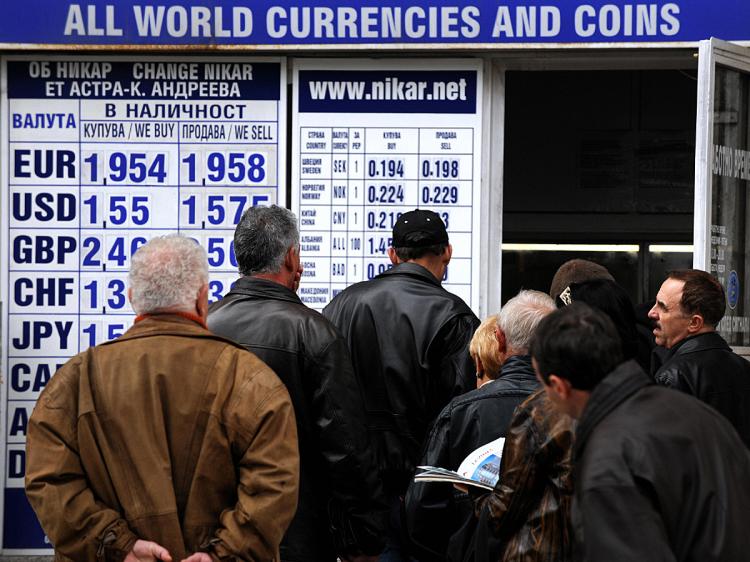The country’s Premier Stanishev was optimistic about next year, declaring 3 percent reserves in 2009 draft budget in a lecture at the Youth Economic Forum at the University of National and World Economy in the capital Sofia. He said the government made great efforts and doubled the budget surplus, as well as the country’s financial reserves, which currently amount to 28 billion BGN (US$20 billion).
The premier however, also pointed out the necessity of the government to take precautions, such as infusing 5.6 billion BGN (US$4 billion) in the real economy, a measure that would make up for a possible decrease in foreign investments.
But Svetlozar Nikolov, chair of the Association of Bulgarian Business, warned that small and medium-sized companies would be compelled to lay off more than 6,000 employees in the first month of 2009 if the government does not take urgent anti-crisis measures. And although Bulgaria is known for its lowest income level per capita in the European Union, businessmen say they might also cut wages in order to keep the number of workers employed at their companies intact.
Moreover, Nikolov warned that entrepreneurs in the country are ready for mass protests. Entrepreneurs appealed to state authorities and banks to establish a state fund to re-finance organizations and persons unable to pay their mortgage installments. What is more, bank laws have to be amended, according to appellants, by setting minimum requirements for granting credits.
Meanwhile, the Bulgarian National Bank announced that the projected 2009 economic growth rate of 4.4 percent may decline to 1.2 percent. A Bank official said that banks should remain conservative when it comes to credit extension, especially in problematic industries such as metal manufacturing, transport, and textiles.
While cautioning of high risks if capital inflows decrease during 2009, some experts see Bulgaria as having certain advantages in crisis conditions in comparison to other countries.
For example, unlike Hungary, Argentina, or Romania, Bulgaria is not burdened with heavy debt nor highly threatened by a weak currency, due to the currency board acting since 1997.
Gross debt amounts to only 15 percent of GDP, while its net value is approximately zero. Inflation started to decline even before oil prices fell, the same goes for the account deficit which had reached more than 20 percent of GDP in 2007.
The Council of Ministers announced Bulgaria will keep the currency board mechanism fixing BGN 1.95583 to EUR 1, until entering the Eurozone and switching up the country’s currency with Euros, according to a 2008–2011 convergence program approved recently.







